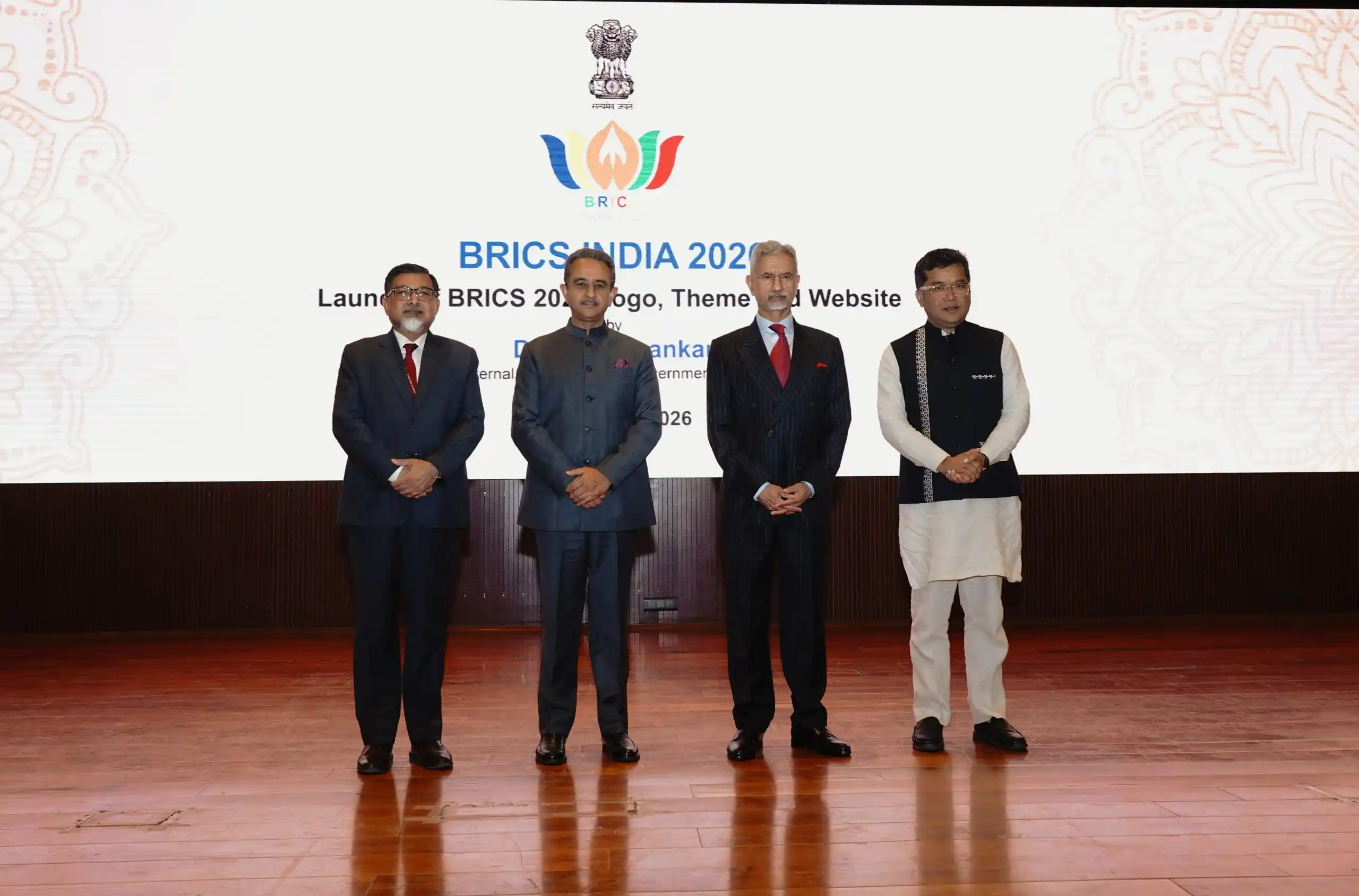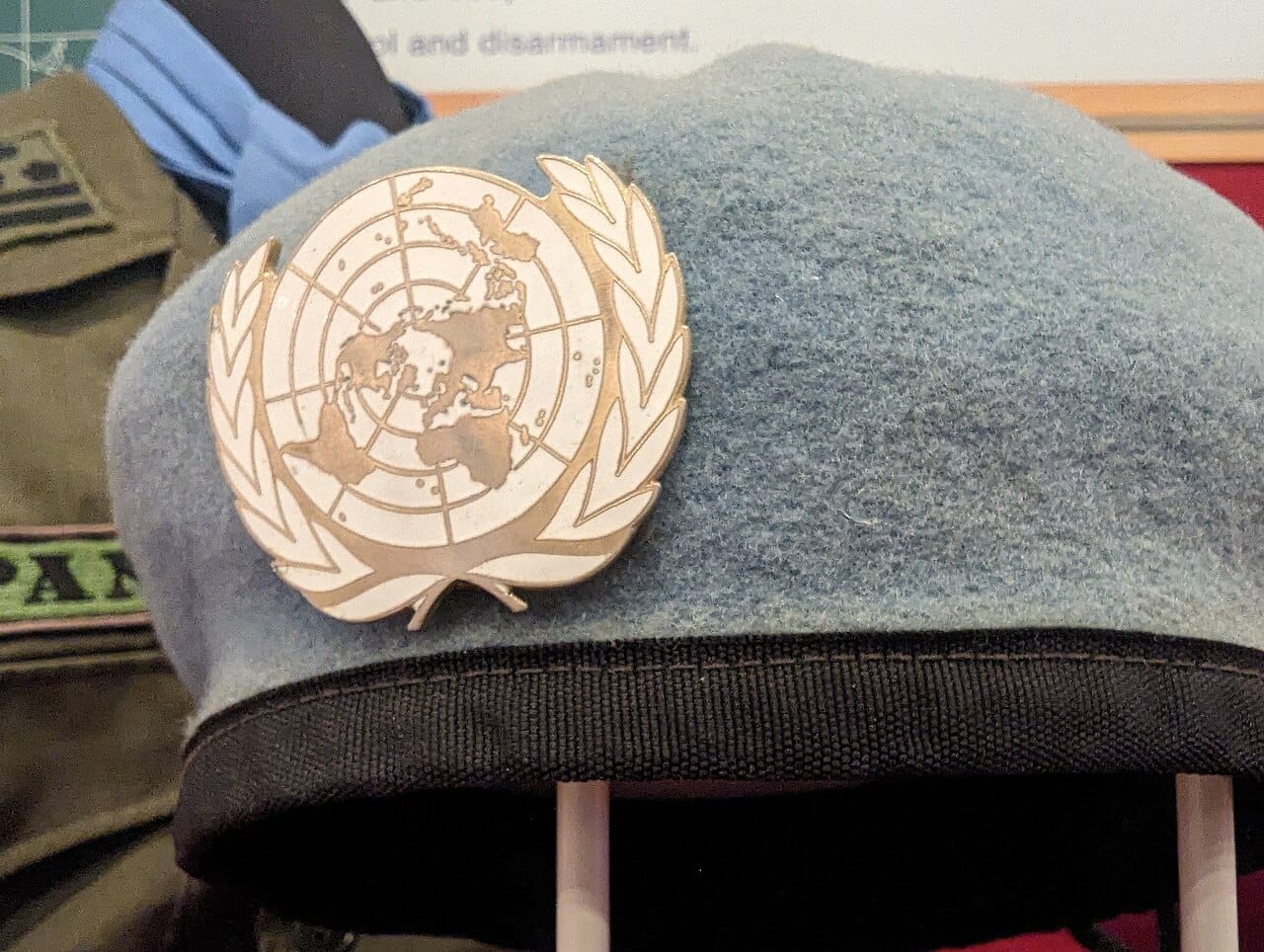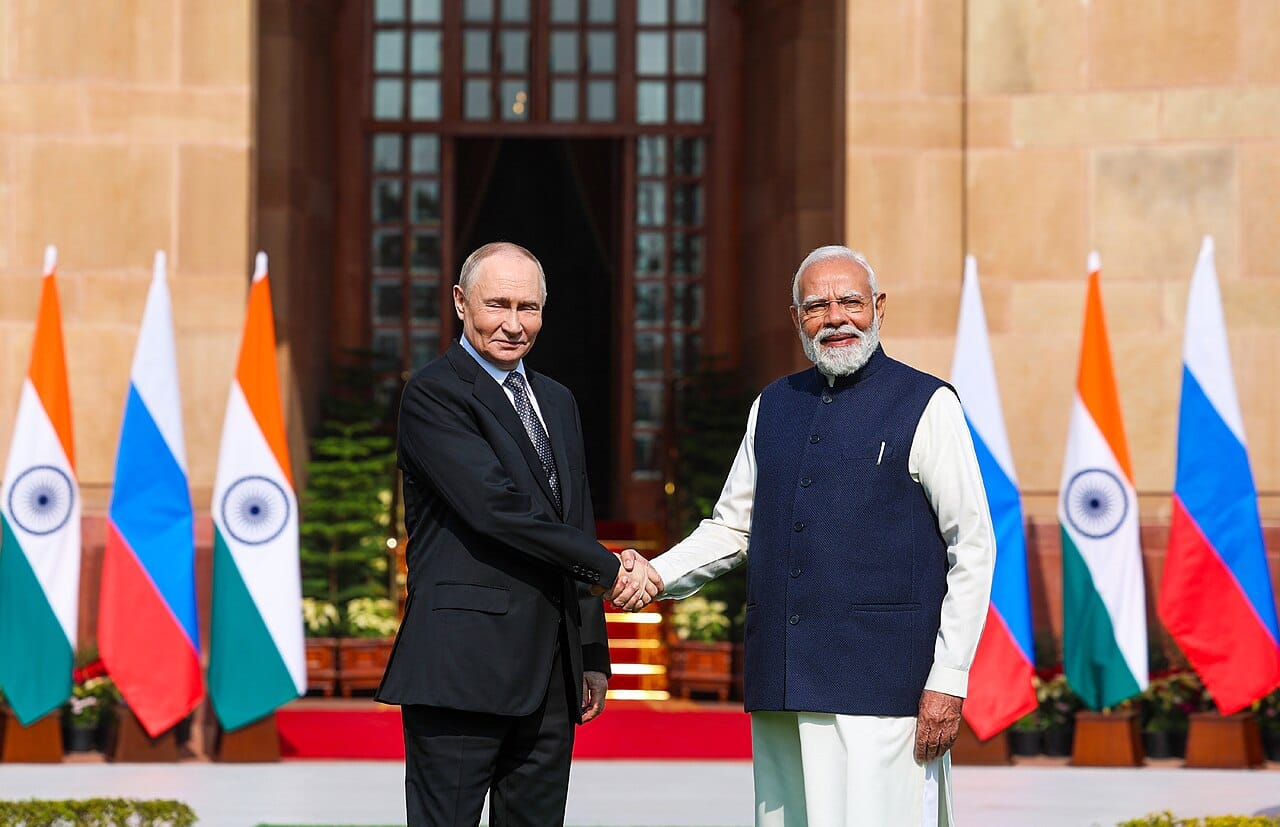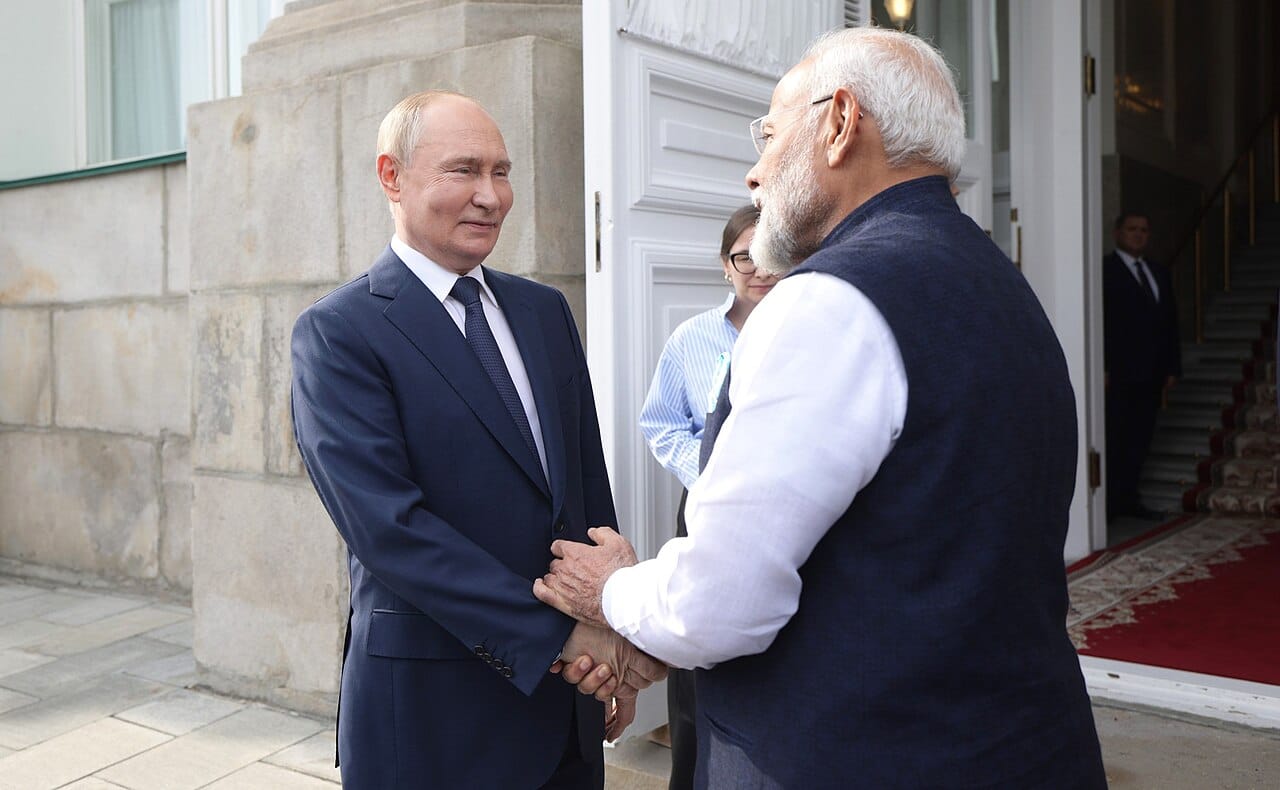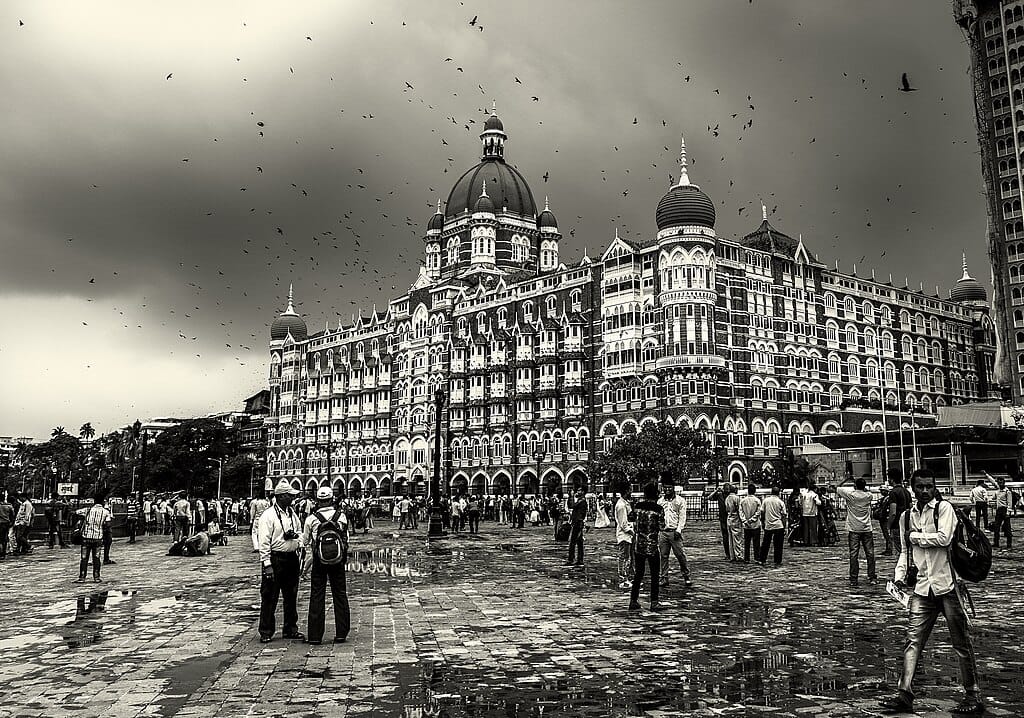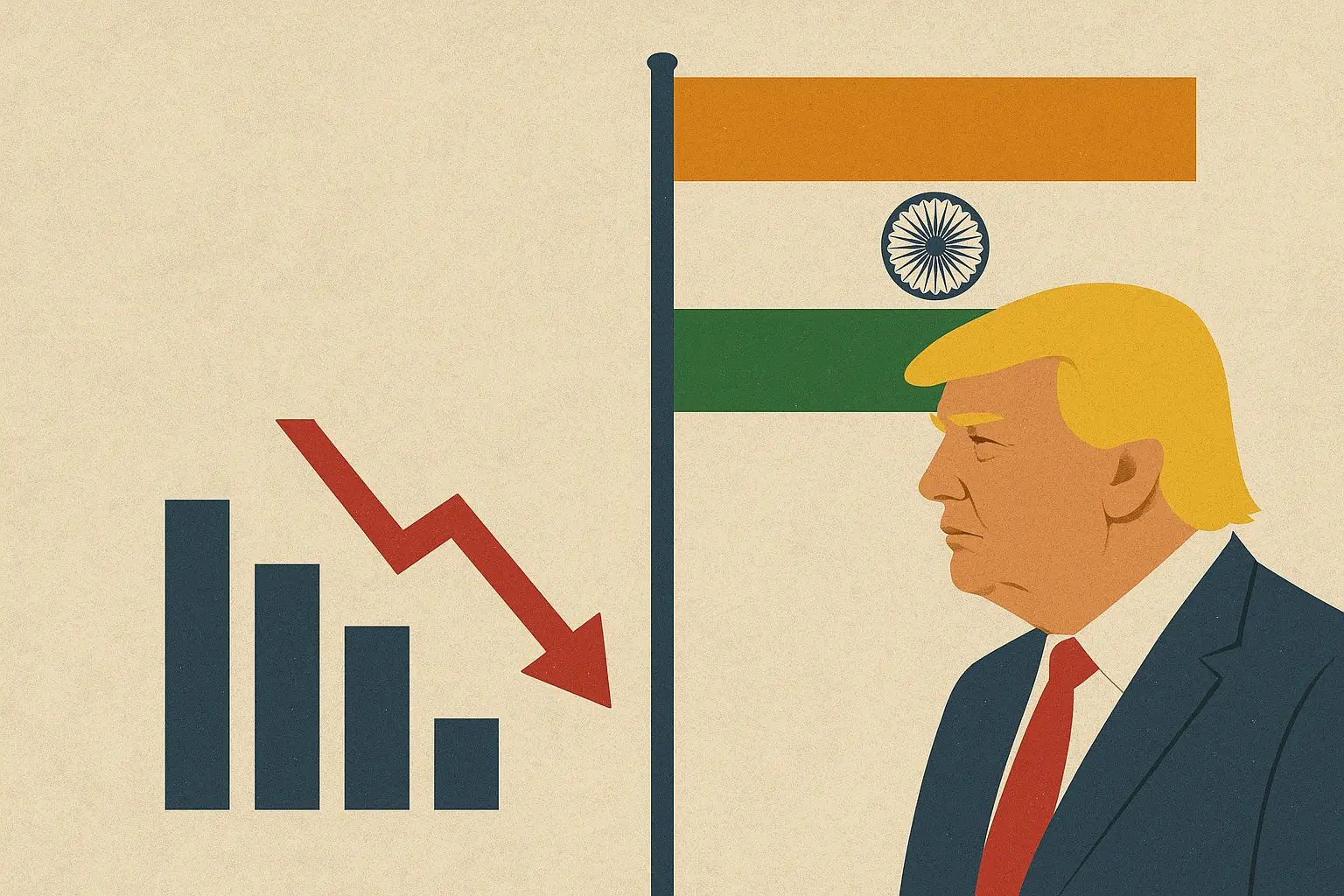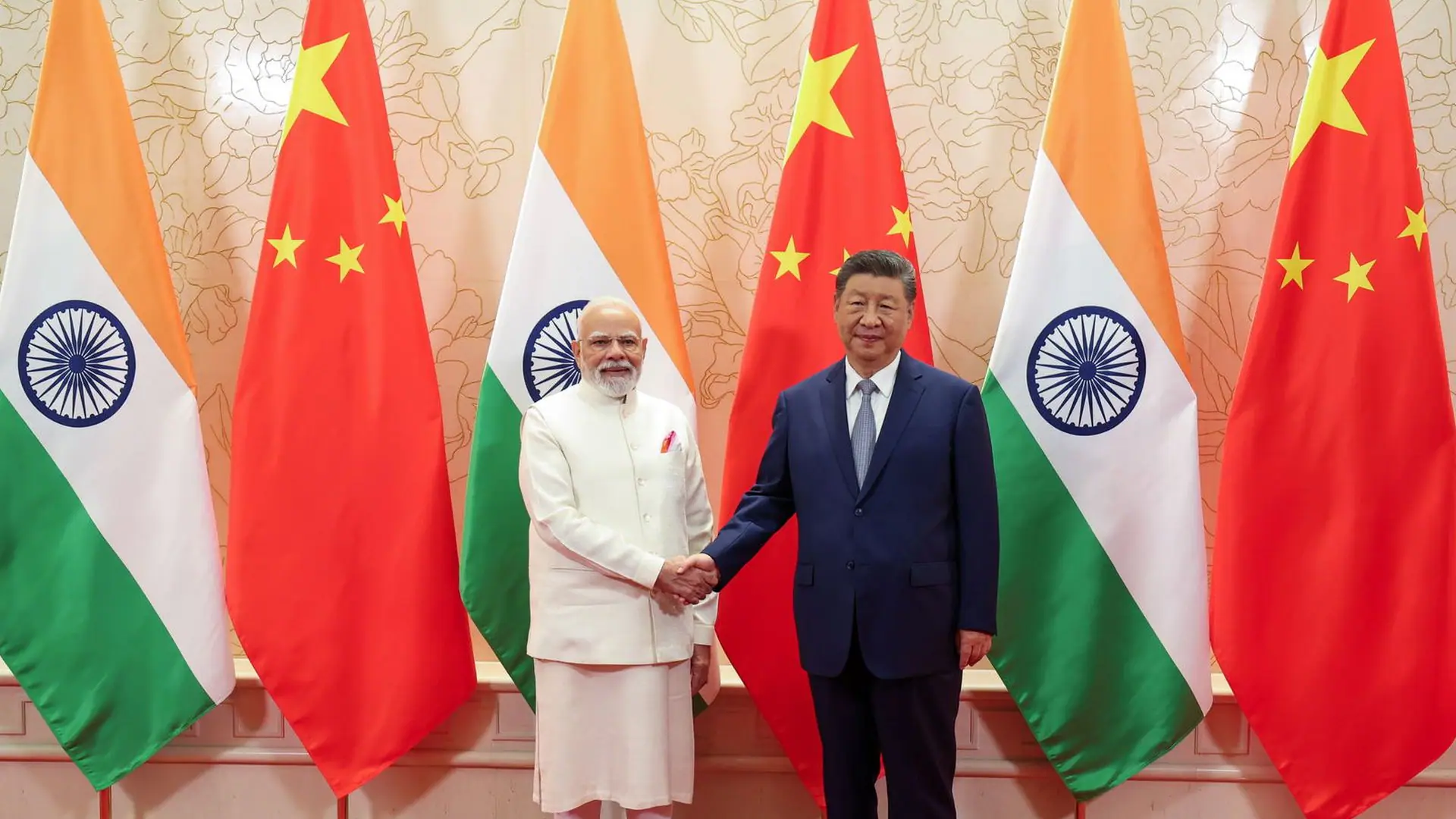In the grand mosaic of global affairs, where threads of power once tightly woven by a few dominant hands now fray under the strains of multipolarity, a new pattern is emerging. Great-power rivalries, prolonged conflicts, climate crises, and institutional inertia expose the limitations of the post-World War II order. Yet, amid this turbulence, the Global South is no longer a passive observer but an active artisan, reshaping the fabric toward greater equity and inclusion. The rise of multipolarity—marked by the expansion of platforms like BRICS, South-South cooperation, and calls for fairer representation in global governance—offers a profound opportunity
Tag: India
10 Conflicts to Watch in 2026
As we moved into 2026, the world is no longer merely “watching” conflicts – it is living with them. Civil war in Sudan has deepened into a regional humanitarian catastrophe, Ukraine remains locked in a war of attrition with global consequences, India-Pakistan tensions continue to cast a long shadow over South Asia and multiple theatres across Central Africa are sliding into protracted violence. This special newsletter revisits the evolving conflict landscape and examine what these wars reveal about power, governance and the fragility of the current global order and why their trajectories in 2026 matter far beyond their immediate borders.
BRICS 2026: Can India Reclaim Multilateralism?
India’s acceptance of the BRICS presidency in 2026 occurs during a period characterised by substantial transformation in global politics. The global economy persists in a state of instability as a consequence of resurgent protectionism, nationalist trade policies, and increasing geopolitical tensions. The tariffs, threats, and unilateral actions undertaken by President Donald Trump have contributed to heightened instability in global market systems. Concurrently, developing economies within the Global South, grappling with debt-related pressures, energy market volatility, and disparities resulting from the post-pandemic context, are advocating for a more equitable global order.
India-Russia Partnership Stands Firm Amidst Global Pressure: Key Takeaways from the Summit
The recent two-day visit of Russian President Vladimir Putin to India, culminating in a joint media briefing with Prime Minister Narendra Modi in Delhi, underscored the enduring strength of the India-Russia strategic partnership. This high-profile summit, held against the volatile backdrop of the Ukraine conflict and mounting Western pressure on Delhi, served as a powerful testament to the multifaceted cooperation between the two nations, particularly in energy, trade and defence.
The Evolving Nexus: A Deep Dive into the 23rd India-Russia Annual Summit
The State Visit of Russian President H.E. Mr. Vladimir Putin to New Delhi on December 4-5, 2025, for the 23rd India-Russia Annual Summit, is not merely a routine diplomatic exchange; it represents a pivotal moment in global diplomacy. This summit, occurring against the backdrop of an intensely volatile geopolitical landscape marked by the lingering impacts of the Ukraine conflict, forces a comprehensive reassessment of the ‘Special and Privileged Strategic Partnership.’ The core dynamic now defining this relationship is a sophisticated act of strategic balancing by India, leveraging Russia’s crucial, albeit redefined, military role against a mushrooming, energy-driven economic dependence.
The 26/11 Attacks and the Unfinished War on Terror
On November 26, 2008, ten young men from Pakistan sailed unnoticed through the dark waters toward India’s financial capital, leaving a trail of violence in their wake. They had already murdered the crew of an Indian fishing trawler, the Kuber, and now they were approaching Mumbai’s coastline in inflatable dinghies. Their landing at two separate locations in Colaba around 8:00-9:00 PM marked the beginning of a sixty-hour siege that would claim 175 lives, injure over 300, and traumatise a nation. As we stand seventeen years removed from those terrifying nights, the trail of 26/11 continue to shape geopolitics, counter-terrorism strategies, and the lives of survivors in ways both profound and disturbing.
Unhappy Leave: The Radical Idea that could Redefine Work-Life Balance in India
For decades, Indian employees have powered through stress, anxiety, and burnout under the weight of a culture that glorifies overwork. But a quiet revolution may be on the horizon, inspired by a daring experiment in China. Earlier this year, South China Morning Post reported that Pang Dong Lai, a retail company in Henan, introduced “Unhappy Leave”—10 days off per year, no explanations required, simply because employees didn’t feel happy enough to work. The news, also covered by Money control and Business Standard, sparked a global debate about the future of humane work policies.
Not Louder Ads, but Fresher Connections: The Matcha Effect is India’s New Branding Mantra
The production of matcha tea has historically represented a commitment to authenticity and meticulousness in Kyoto. In the crowded digital landscape of India, professionals are keenly searching for that ideal blend of innovation, energy, and trustworthiness. Every company is competing for a limited chance in the smartphone screen market, ranging from beauty brands to food delivery apps. Traditional marketing approaches often struggle to keep pace in this competitive landscape. Introducing the Matcha Effect Model, an innovative framework designed to transform conventional brand development tactics for today’s digital landscape.
Tariffs ≠ Collapse: India’s Trade Journey through Trump-Era Tariffs
When the “America First” trade policy was declared by U.S. President Donald Trump in his previous term, he framed it as a move to protect U.S. workers from what he labeled unfair foreign competition. India, even as a long-time U.S. ally, found itself squarely in the crosshairs. Trump claimed that India charged high tariffs on American products while gaining preferential entry into U.S. markets. Such a disparity, he said, required a corrective measure. The tariffs did not come as a blanket measure initially but were developed incrementally through a series of increments.
How Long Will the India-China Diplomatic Rekindle Last?
When the American President Donald Trump launched his trade war, both India and China were in his sights. Trump’s officials maintained America was a victim of “unfair trade practices” and thus slapped a barrage of tariffs on steel, aluminium, and a variety of manufactured goods emanating out of India and China. Although Beijing was primary target, India lost duty-free trade privileges under the Generalized System of Preferences (GSP) in 2019.
